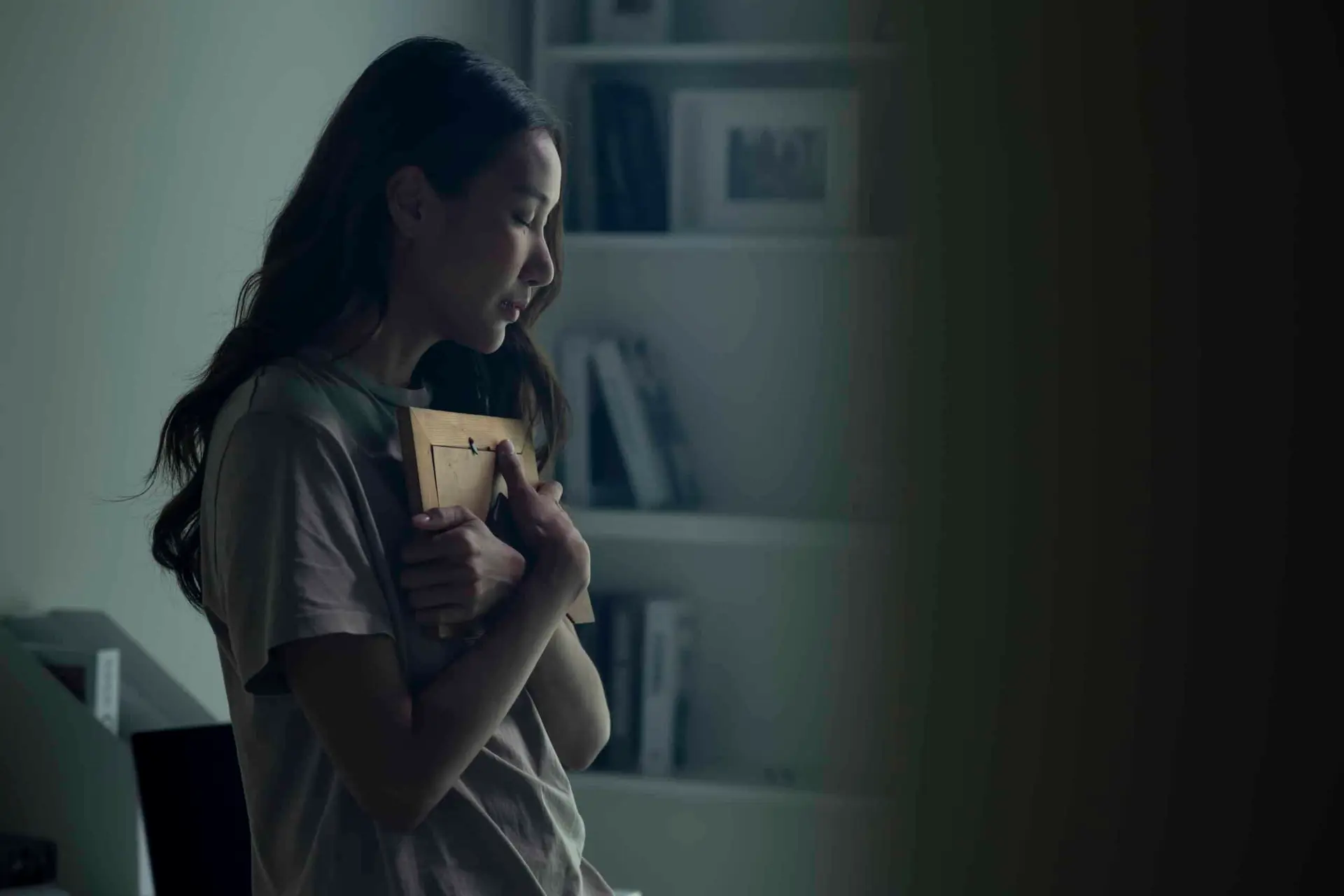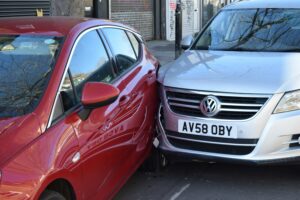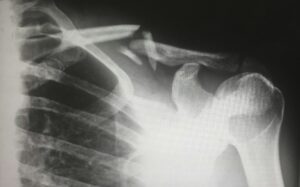Table of Contents
ToggleDealing with Grief: A Step-By-Step Guide for Emotional Healing After the Unexpected Death of a Loved One
When a beloved family member or friend dies suddenly in a fatal personal injury accident, protecting your legal rights is not the greatest obstacle you face. The grief you are experiencing and will experience will present far more difficult and longer-lasting challenges to you as you move forward from the tragedy of the accident.

As difficult as the days and weeks ahead will be, hope and healing are possible. Knowing how to grieve can help you navigate these difficult times and arrive at a place where your grief is not consuming your thoughts and negatively impacting your emotional or physical health.
What to Know About Grief
Every person experiences grief at some point in their life. And Mental Health America asserts what you already know to be true — that losing a loved one under any circumstance is one of life’s most stressful events.
As you go through the five familiar stages of grief — denial, anger, bargaining, depression, and acceptance — keep in mind the following:
Grieving Takes Time
There is no set amount of time that is “right” for you to experience the stages of grief. Each person goes through the grieving process at their own pace.
Do not let anyone tell you that you should “get over it” or “move on” before you feel that you are ready to do so. Surround yourself with individuals that will support you and encourage you wherever you are in the grieving process.
The Grieving Process Can Be Circular
Not only does the grieving process take place at different speeds for different people, but you may also find that it is circular or nonlinear. One week, you may find yourself at a place where you have accepted the loss of your loved one, only to find yourself incredibly angry at the loss the next week.
This is normal, and you should not feel ashamed by this or feel as though you are not grieving properly.
Outside Help Is Available
There is no shame in needing counseling or therapy to help you process the death of your loved one. If you feel stuck — like you cannot get past the death of your loved one and return to your daily commitments after a reasonable time — or if you are neglecting your own care, it may be time to speak to a professional for assistance.
Healthy Grieving, Step-By-Step
Just as each person’s experience of grief will differ, so too will the process through which they deal with and heal from their grief. Nonetheless, there are general steps you can take to better handle your grief. These steps include:
Give Voice to Your Feelings
Rather than neglecting your feelings, try to find a useful outlet for them. Stifling or denying your feelings only prolongs the grieving process.
Instead, some individuals journal or take up painting as a way to “feel” their emotions. Others like to talk about their feelings with a trusted family member or friend. However you choose to express your feelings, it is important to your emotional and mental health that you do so.
Allow Yourself Time and Space to Process the Event
You may need assistance from a counselor or therapist if you are completely unable to return to work or school after the loss of your loved one. However, immediately after the event, you should allow yourself an opportunity to process your loss.
Consider taking bereavement leave from your employer, if available and possible. Get in touch with your needs, and find ways to meet them. In some moments, you will want to have others close by to talk with you and help support you.
In other moments, you may want to be left alone with your thoughts and emotions. Both are valid needs, and you should give yourself permission to have those needs met.
Explore Ways to Honor Your Loved One Through New Traditions
Holidays, special events, and days with significant meaning attached to them are often difficult for grieving individuals to get through. These days are full of memories with your loved one, and their recurrence is a regular reminder of your loved one’s absence.
Rather than attempting to avoid these days or discarding the traditions you enjoyed with your loved one, perhaps you can find new ways to celebrate these days that honor your loved one.
For example, if you celebrate Christmas, you can keep putting your loved one’s stocking out or place a gift for them under the tree. If it is your spouse that passed away, you may choose to spend your anniversary having a picnic at your loved one’s gravesite.
The goal is not to forget your loved one or to go on as if nothing happened. Instead, the goal of this exercise is to find ways to recognize the reality of your loved one’s passing while also acknowledging that they are never truly gone from your mind or heart.
Give Yourself Permission to Be Happy
Grief does not have to last forever or define the remainder of your life. There will be occasions for you to smile and laugh. Perhaps a new friend will come and cheer you up, or a memory of your loved one will bring a smile to your face.
Finding reasons to be happy and allowing yourself to experience that emotion helps remind you that life is worth living and that you have purpose and worth independent of your loved one.
In other words, it is not a disservice or dishonor to the memory of your loved one to laugh, smile, or find reasons to be happy.
Help and Hope Are Available After a Loved One’s Death
Perhaps the best advice after the death of a loved one is that you are not alone. You may feel as though you have no friends or family members who can support you. Even so, there are individuals and organizations that can offer a sympathetic ear and other resources to help you through your grief journey.
Knowing that grief does not need to consume you and that there are those out there ready to help you can make your outlook a little bit brighter.
Contact Our Car Accident Law Firm in Los Angeles, CA
If you were injured in an accident in Los Angeles, CA or you lost a loved one and you need legal assistance, please contact us to schedule a free consultation. One of our Los Angeles car accident lawyers at M&Y Personal Injury Lawyers will get in touch with you soon.
M&Y Personal Injury Lawyers – Los Angeles Office
4929 Wilshire Blvd Suite 960,
Los Angeles, CA 90010
866-864-5477
M&Y Personal Injury Lawyers – Downtown Office
350 S Figueroa St Suite 276
Los Angeles, CA 90071
(877) 751-8953




